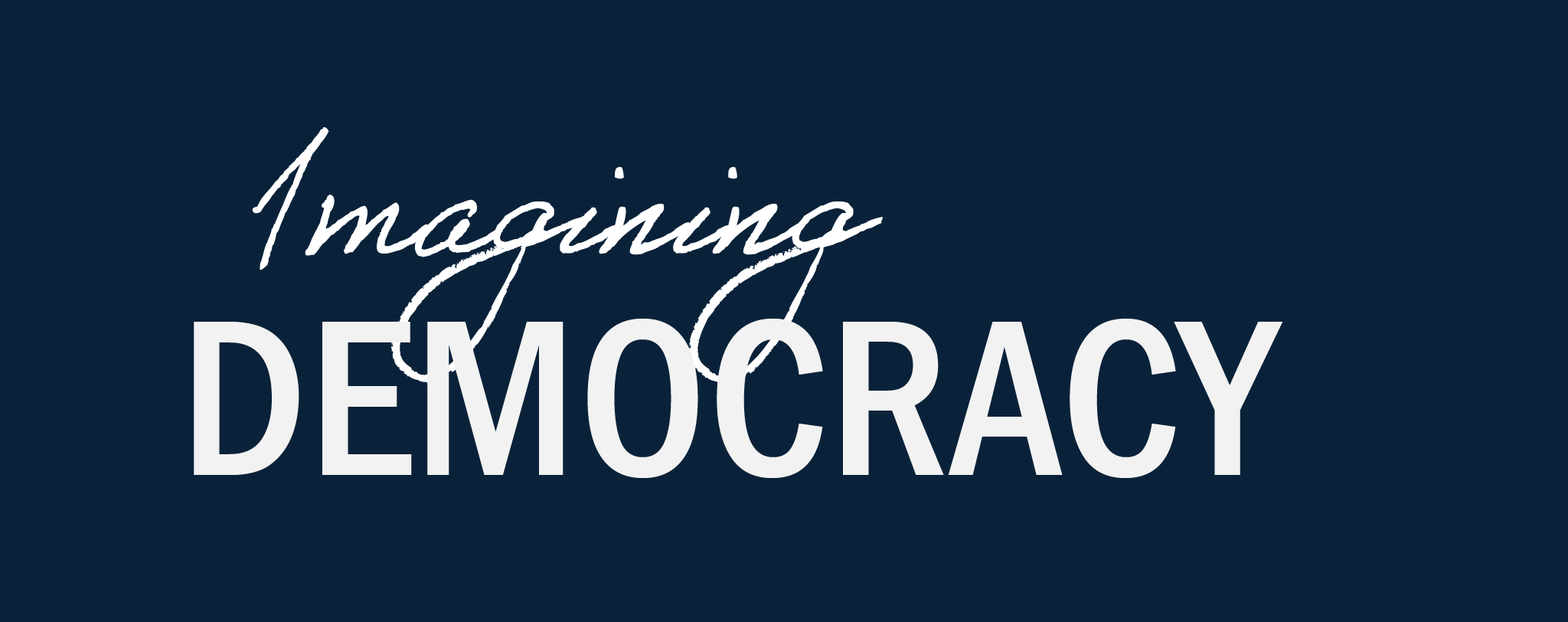Recent Changes in Georgia’s Voting Laws
Georgia has enacted several significant changes to its voting laws since the 2020 presidential election, which have reshaped election procedures, voter access, and oversight. The most notable laws include SB 202, SB 189, and HB 974, each introducing new regulations and modifying existing ones, impacting how elections are conducted in the state.
SB 202: The “Election Integrity Act of 2021”
- Mail-in Voting Restrictions: Voters must request absentee ballots at least 11 days before an election, replacing the previous deadline of the Friday before Election Day. The law also mandates new ID requirements for both requesting and returning absentee ballots, including providing a driver’s license number, state ID number, or the last four digits of the Social Security number, replacing the previous signature verification process.
- Drop Box Limitations: The number of drop boxes is limited to one per 100,000 active voters or one per early voting location, whichever is fewer. Drop boxes must be located inside early voting sites and are accessible only during early voting hours, reducing their availability compared to the 2020 election when drop boxes were accessible 24/7 outdoors.
- Precinct and Provisional Ballots: Voters who arrive at the wrong precinct before 5 PM on Election Day must go to their correct precinct to cast a regular ballot. After 5 PM, they may receive a provisional ballot but must complete an affidavit explaining why they cannot get to their assigned precinct.
- Election Administration Changes: SB 202 grants the State Election Board increased authority to take over county election boards deemed underperforming, potentially centralizing state control over local elections. It also expands access for partisan observers, raising concerns about the possibility of voter intimidation and interference.
- Prohibition of Mobile Voting Units and “Line Warming” Activities: The law bans mobile voting units and restricts offering food or water to voters standing in line within 150 feet of a polling place, measures that critics argue could disproportionately impact voter turnout in areas with long lines.
SB 189: Expanded Voter Eligibility Challenges
- Unlimited Voter Challenges: SB 189 allows any voter to challenge the eligibility of an unlimited number of other voters in their county without specifying the reasons for each challenge. This provision, which permits challenges up to 45 days before an election, raises concerns about potential mass voter roll purges and conflicts with federal protections under the National Voter Registration Act that prohibit systematic voter removals within 90 days of a federal election.
- QR Codes for Vote Counting: The use of QR codes for vote tabulation is banned. Instead, only the human-readable portion of paper ballots will be used for counting, addressing concerns about transparency but potentially increasing the time required to process votes.
- Ballot Access for Presidential Candidates: The law permits any presidential candidate who qualifies in at least 20 states to appear on Georgia’s ballot, potentially increasing the number of choices available to voters during presidential elections.
HB 974: Ballot Transparency Requirements
- Public Access to Ballot Images: HB 974 requires that digital images of all paper ballots be made publicly accessible online. While intended to increase transparency, critics argue that this could compromise voter privacy and lead to unwarranted scrutiny of individual ballots, potentially slowing down the certification process and raising security concerns.


